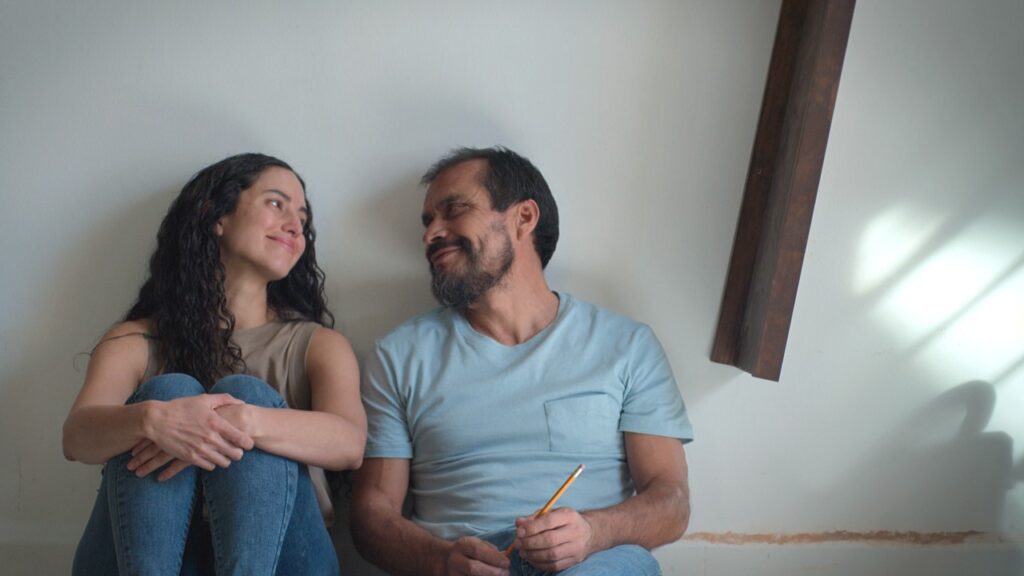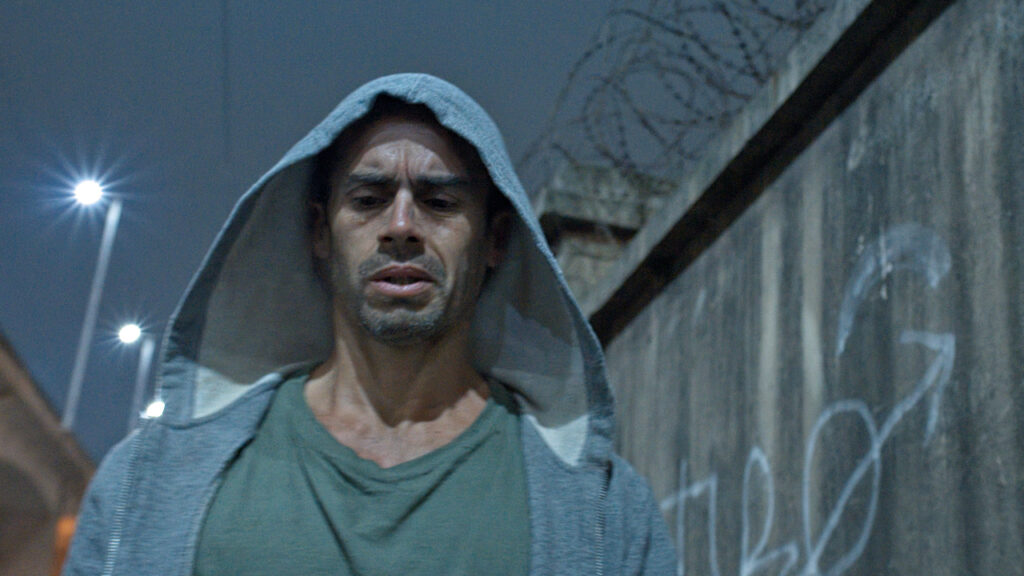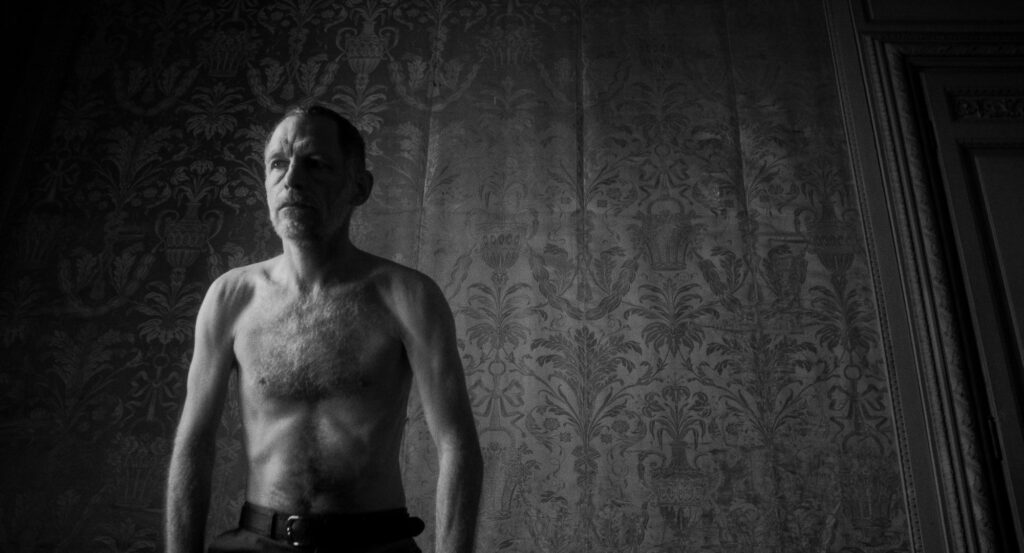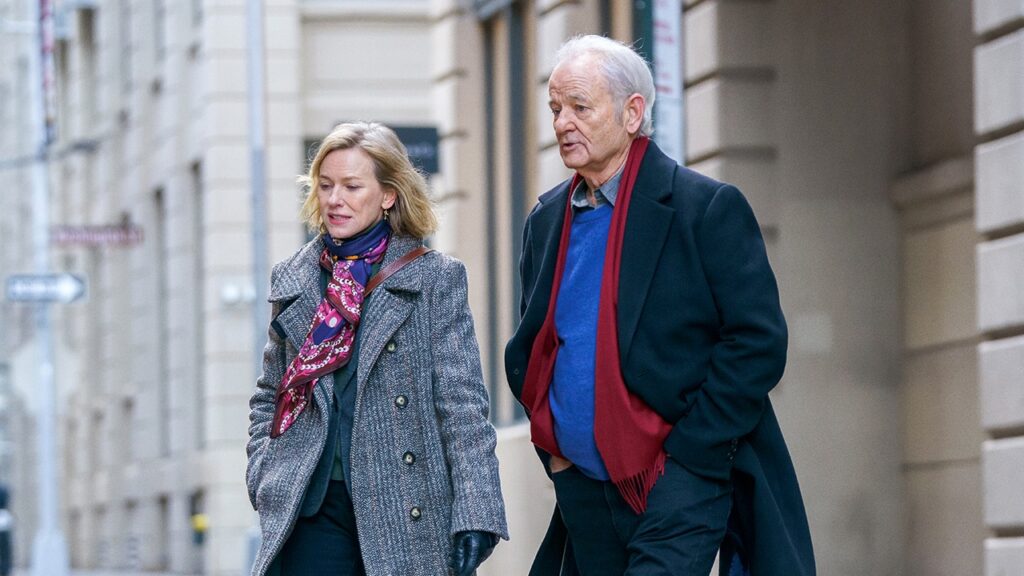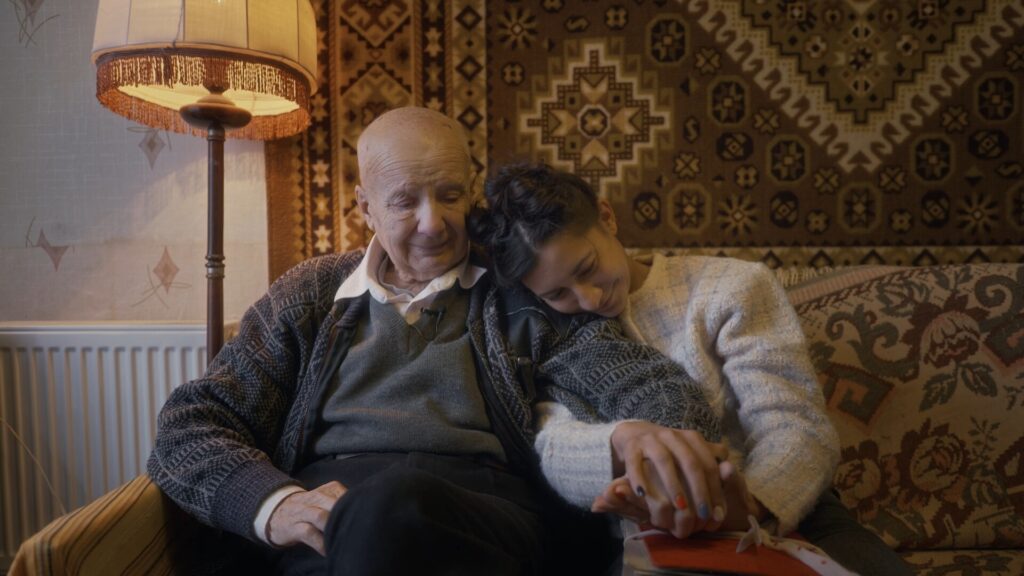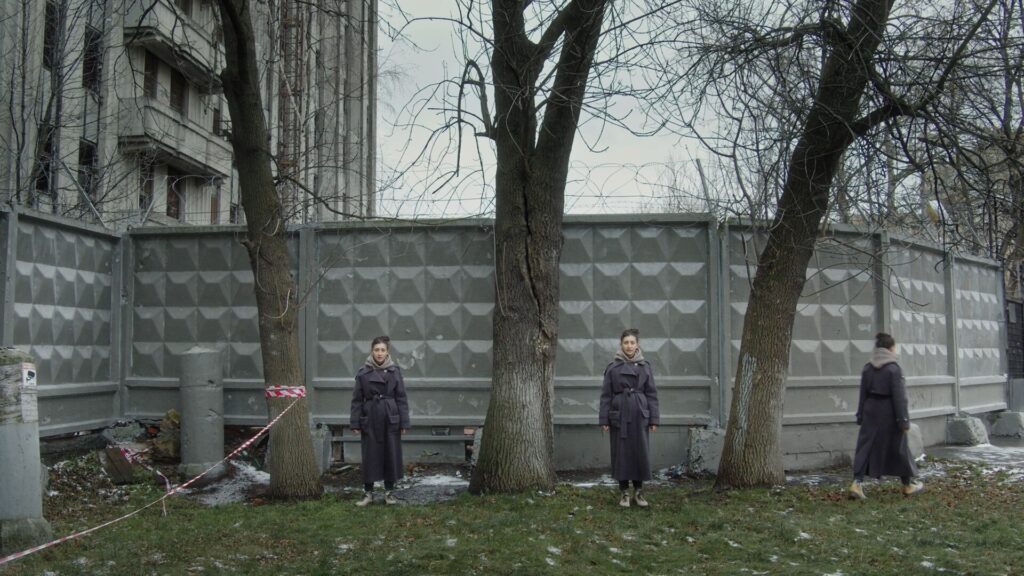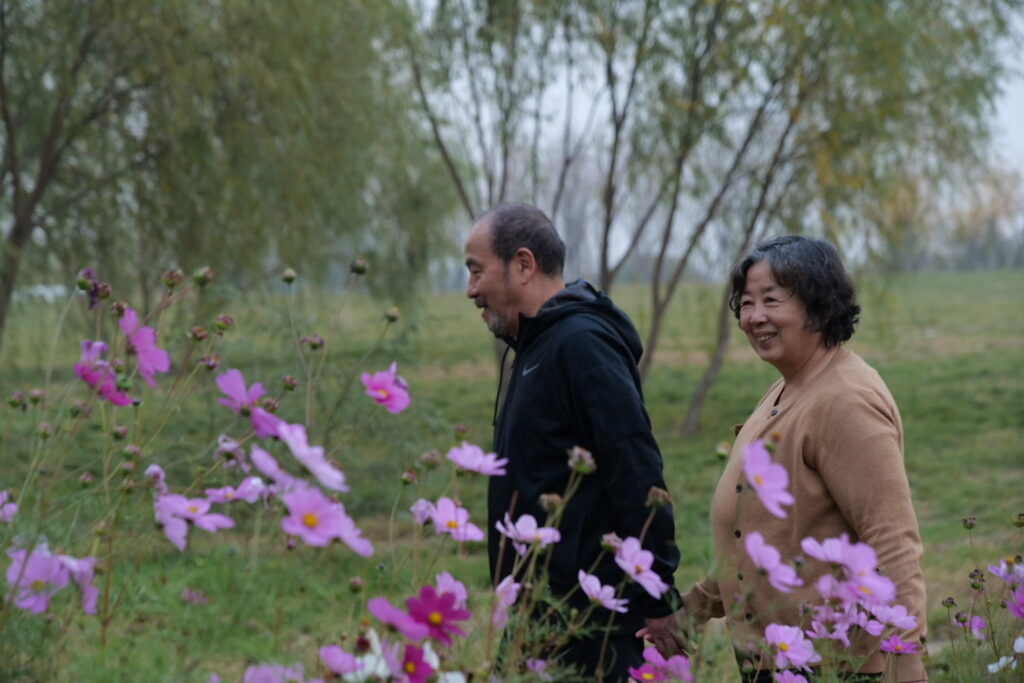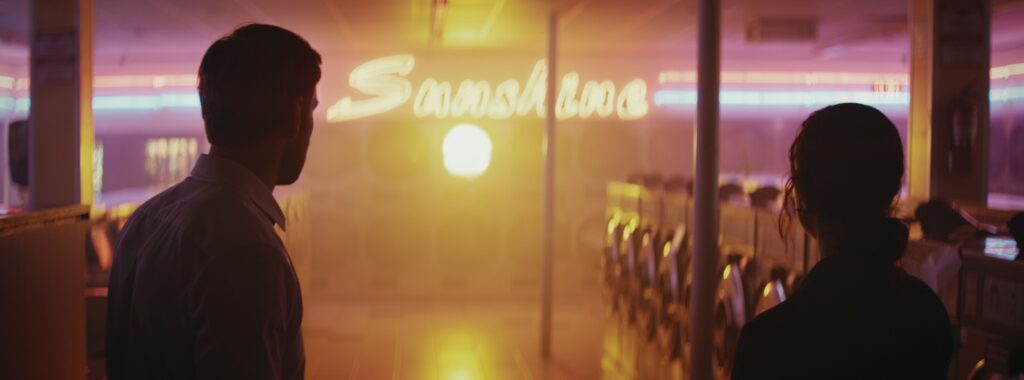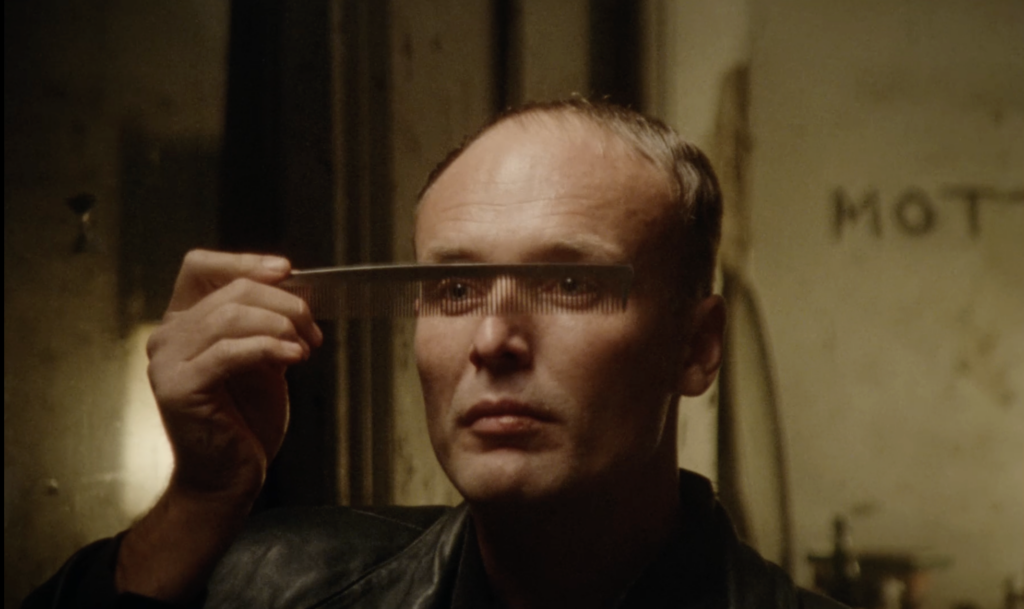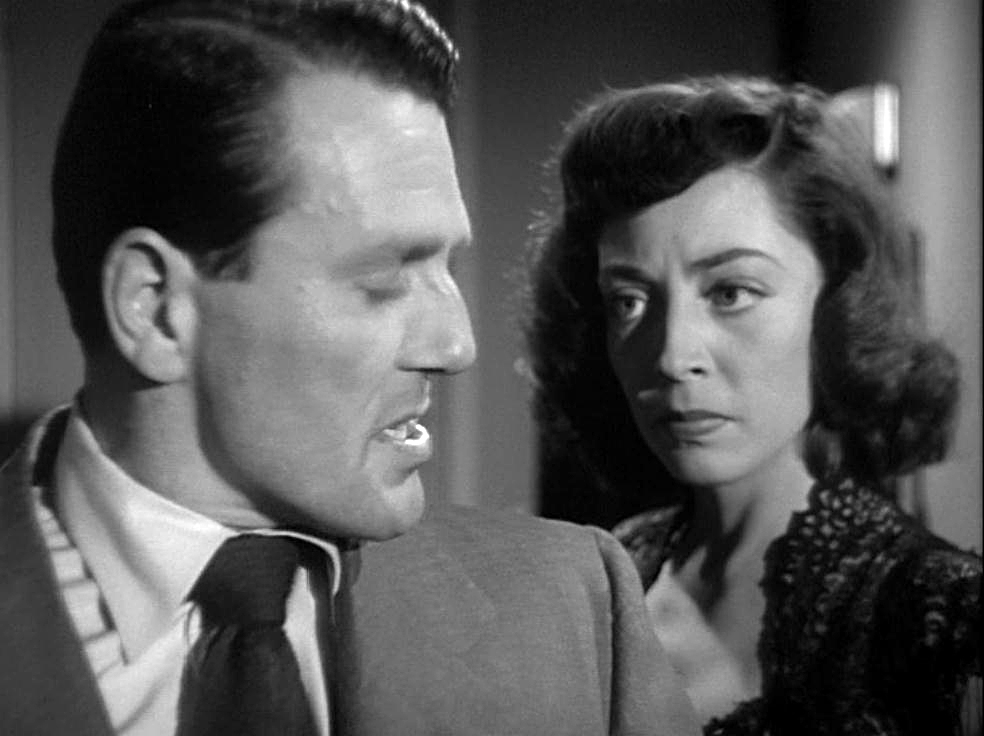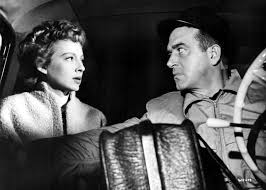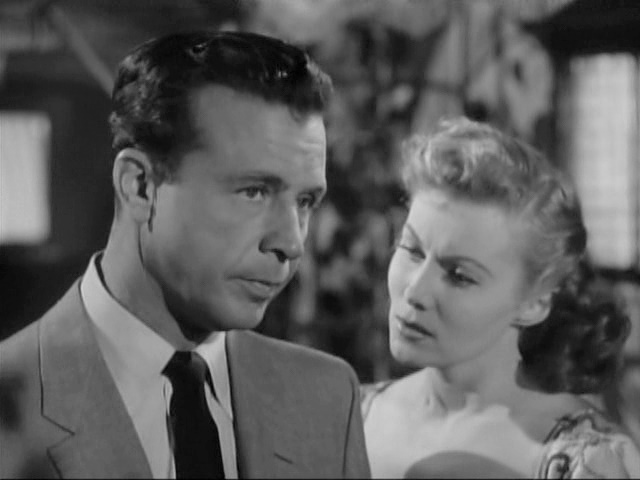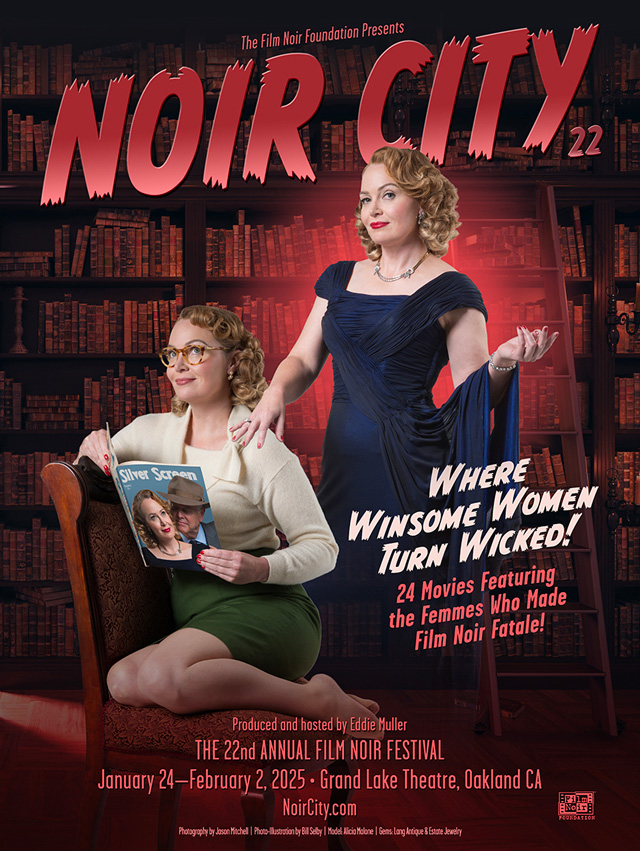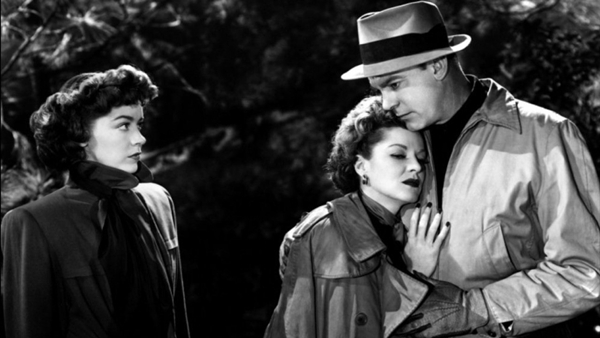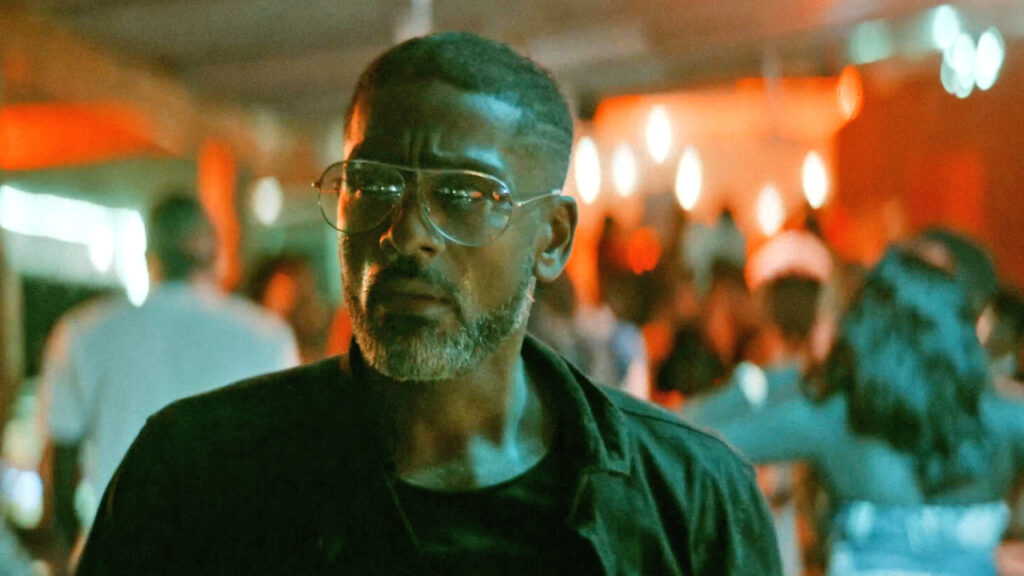
Beginning today, and thru midnight March 31, select films from this year’s Cinequest are now available to watch at home through Cinequest’s online festival Cinejoy. The price is less than ten bucks per movie, and you can watch all of them with a $50 pass,
There’s a Spotlight section where you can join others watching the film at the same time and participate in Q&A with the filmmakers. The films that I recommend are in the Cinejoy Showcase section, so you can watch them whenever convenient:
- The Dog: This electrifying thriller follows a classic neo-noir premise. A low level hood is assigned to drive a call girl, and he falls for her – against the explicit instructions of their employer and advice from the call girl herself. To stake a new start in a faraway land, he reaches for the big score. Desperation results. What’s unusual about The Dog is that it’s exceptionally exciting and that it’s set in Mombasa, Kenya. There’s a wonderful low-speed tuk tuk chase (on three-wheel taxis) through Mombasa’s open air markets, street performers and herds of goats. And there’s another unforgettable scene that will be particularly uncomfortable for male audience members.
- The Move In: In this Mexican drama, a couple moves into a new home and, the first night, think someone has broken in; it turns out to be only the clang of an old window, but it’s a really scary experience, and the man, heading off to defend them, suffers a panic attack. As they unwind from the incident, it appears like they can get past it, but can they? In his first feature, writer-director-producer RS Quintanilla gradually reveals more about the origin and underpinnings of their newish relationship, as the experience makes its mark . It’s a similar premise to Ruben Ostlund’s Force Majeure, but The Move In is more subtle and perhaps even better. This a profoundly clever screenplay, and The Move In is one of the very best films at Cinequest. World premiere.
- Burt: The title character in this affecting dramedy is a an elderly street musician with Parkinson’s. Burt rents a room in the home of his landlord Steve, an ever-suspicious and oppositional guy who is Burt’s age. Nevertheless, Burt is relentlessly upbeat. A young man, Sammy, arrives with a letter from one of Burt’s youthful flames, explaining that Sammy is Burt’s son. Burt jumps into belated fatherhood with both feet, and then discovers that all is not what it seems. Director and co-writer Joe Burke, in his second feature, succeeds in getting fine performances from non-professional actors playing Burt and Steve. Executive produced by indie stalwart David Gordon Green (George Washington, All the Real Girls, Undertow). World premiere.
- Alien: This mysterious Russian sci fi tale is set in the unfamiliar, remote Ural hinterlands. Lyosha, the local oddball, has a hearing disability, lives in his grandmother’s cabin on the edge of the settlement, and has built an impressive tower out of trash that he has collected. He has also jerrybuilt a radio system and made giant circles in the fields, all attempts to contact space aliens He is teased pitilessly by the village japesters. We later learn that the long ago disappearance of his mother has affected his psyche. A newcomer suddenly appears at his cabin – most certainly not looking like any space alien that Lyosha has imagined. Is this visitor just a runaway from another village, an emissary from deep in the universe, or a supernatural messenger from his mother? It’s all up in air as hostile villagers close in, all thew way to an unpredictable ending. US premiere.
- Xibalba Monster: In this gentle, 76-minute tale, a pudgy Cuernavaca 10-year-old is sent off with his nanny for an extended visit in her remote Yucatan village. The affluent city kid is now in a poor community, tucked in the jungle with ancient Mayan ruins. He is now among the country kids, who do what kids do, completely unsupervised. He’s not been getting attention or affection from his widowed father, and he’s developed into a watchful, quietly curious kid with a gift for lying when convenient. He’s curious about mortality, and, throughout the story, reminders of death keep popping up – a highway accident, a museum with spooky artifacts, roadkill, a cemetery, local tall tales and more. Still, Xibalba Monster is decidedly not scary and captures the way that kids play and imagine. Adults will enjoy it, as will kids from middle school up. US premiere.
- Boutique: To Preserve and Collect: This infectious documentary is about passion – passion that fuels the preservation and rejuvenation of cult cinema. We’re mostly talking about exploitation movies that would otherwise be lost. Much the credit for saving them goes to Severin Films and Vinegar Syndrome, which are essentially the Criterion Collection for grindhouse cinema. Both companies evolved from aficionados making bootleg tapes of their favorite obscure films into legitimate catalogues of preserved films. You may not think that a certain movie is IMPORTANT, but there is probably someone who finds it absolutely ESSENTIAL. Many movies have been made to be disposable, but have inspired loyal fans. One person’s drive-in may be another’s arthouse. What makes Boutique: To Preserve and Collect fun to watch is the contagious enthusiasm of the devotees. US premiere
- American Agitators: This is the important story of legendary organizer Fred Ross, the mentor of Cesar Chavez, and essentially a saint of the social justice movement. American Agitators shows Ross being formed by the Great Depression and the left-wing politics, the union movement and the New Deal. This extraordinarily well-sourced doc rolls out Ross’ legacy today, not just Chavez the icon and the Farmworkers movement, but the influence of Fred Ross, Jr. and organizing campaigns in 2025. LOCAL INTEREST: Fred Ross met Chavez at Cesar’s home at 53 Sharff Avenue in San Jose, hired Cesar as his deputy and organized out of McDonnell Hall at Our Lady of Guadalupe on East Antonio Street. Cesar’s son Paul (of San Jose) appears in the film as does Luis Valdes of Teatro Campesino, who has also had a significant presence in San Jose. World premiere.
- A Little Fellow: The Legacy of A.P. Giannini: Here’s an underdog story – a boy loses his immigrant father, starts out impoverished and builds the nation’s largest bank, helping to rebuild San Francisco after the 1906 earthquake. This very comprehensive documentary also tells the less well-known story of Giannini as movie financier – backing films like City Lights, Gone with the Wind and Sleeping Beauty. LOCAL INTEREST: Giannini’s childhood began in San Jose, his father was murdered in Alviso, and his first bank branch building still stands, only 1500 feet from the Cinequest screening at the Hammer Theatre.. US Premiere.
- Silent Sparks: In this Taiwanese neo-noir, small time hood Pua is released from prison and checks in with the swaggering, exuberant local crime lord. The boss assigns him to a lieutenant, Mi-Ji, who happens to be Pua’s former cell-mate. But when Pua and Mi-Ji meet again, the encounter is a study in social awkwardness. Pua just wants to start earning money and working his way up in the syndicate, but Mi-Ji is surprisingly unhelpful. What explains Mi-Ji’s behavior toward Pua? As Silent Sparks smolders on, the risks escalate. Promising first feature for writer-director Ping Chu. US premiere.
- In a Wintry Season: This heartfelt and intoxicating documentary starts out looking like a fairy tale, and unpredictably turns decidedly not, as the real world and human behavior intervene. I generally resist filmmakers profiling their own parents, but In a Wintry Season won me over with its candor, authenticity and surprises. It’s a relatable story of two people and their family and their times, but it brings us into a meditation on what is American Catholicism today. With its very sweet ending, In a Wintry Season will be a crowd=pleaser at Cinequest. US Premiere.
These are all good, but don’t miss The Dog and The Move In.
